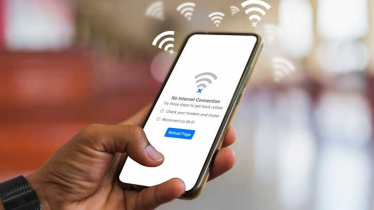
Photo: Messenger
Kaspersky is introducing a new feature in its mobile apps for Android – Who’s Spying on Me, extending its protection against digital stalking. In addition to stalkerware detection, the new feature provides protection from offline stalking by detecting suspicious devices tracking the location of a person or object via Bluetooth technology. According to the latest State of Stalkerware report, 40% of people globally have experienced stalking or suspect being spied on. Kaspersky, committed to combating digital stalking, has updated its Android mobile app with "Who’s Spying on Me," now available in the free version.
This feature includes a stalkerware scanner that detects apps secretly accessing personal data, a Bluetooth tracker scanner identifying suspicious devices within 100 meters, and risk assessment to flag potentially harmful devices. Users can compile trusted device lists, monitor Bluetooth activity, and manage privacy settings through enhanced permission control.
“Kaspersky has been at the forefront of the fight against stalkerware, and we were the first in the industry to warn users about third-party tracking of this type. As digital violence evolves, especially with emerging tracking technologies, we understand that our users need extended protection.
We are continuously developing our products with a user-focused approach and have expanded the functionality of our mobile app in order to protect users from digital stalking, including its offline formats, which can be very dangerous. Moreover, our team continues to work on further improvements to the functionality of our mobile solutions, to be introduced next year, for an even better user experience and the protection of users’ digital lives.” comments Marina Titova, Vice President, Consumer Product Marketing at Kaspersky.
Since 2019, Kaspersky has led the fight against stalkerware, co-founding the Coalition Against Stalkerware to combat technology-facilitated abuse. The Coalition, now comprising over 40 stakeholders, collaborates globally with law enforcement and NGOs, offering guidance to victims via its website, available in seven languages.
Messenger/JRTarek








